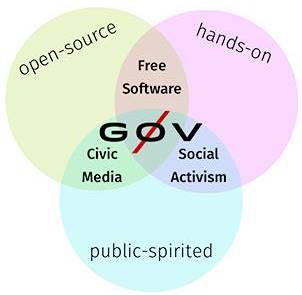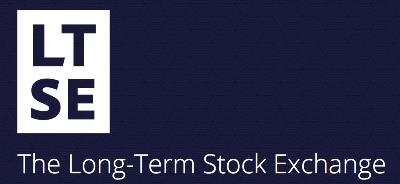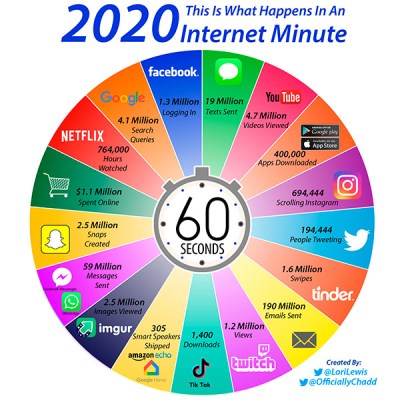We don’t think much anymore how miraculous the Global Positioning System GPS is. Still, it takes a lot of high technology (including relativist time corrections on satellites!) to provide us with what is now an everyday service we depend on. Actually we take it for granted when we would be quite lost without it.

Is GPS now part of the minimum infrastructure that we need as humans, like internet access? It has certainly drastically changed the way we navigate. It started as many technology before from the Cold War military efforts, but has been progressively opened to the civilian uses. For free. Until we can’t now part from it.
Let’s imagine for a minute what would happen if the system went to be fully unavailable. We are all using it one way or the other in our daily lives, and even more so in certain industries like logistics. A lot of the efficiency gains in many activities come from GPS availability.
Still this service is available for free as many services we now take for granted, as a by-product of something developed for military purpose. There is an issue about the US controlling the signal, which is being addressed by other blocks of nations that are launching their own system. This will provide redundancy. It is still amazing that something so useful is available for free.
In the Collaborative Age, a lot of the basic infrastructure becomes increasingly available for free or cheap. Maybe we should be careful not to take it too much for granted and have some backup solutions if they suddenly disappear.











